Introduction
Fatimah al-Zahraa (peace be upon her) is the only daughter of the Prophet Muhammad (peace be upon him and his family) who lived to carry forward his spiritual and familial legacy. She is revered in Shia Islam as the greatest woman in creation, a role model of piety, purity, and resistance. Her life was a continuation of the Prophet’s mission, not through sword or speech, but through moral strength, truth, and devotion to God.
Noble Birth and Lineage
Born on the 20th of Jumada al-Thani, five years after the Prophet’s first revelation, Fatimah was the purest extension of the Prophet himself. She was raised in a household of revelation, witnessing the early struggle of Islam and the persecution of her father.
She carried the light of the Qur’an in her conduct, being described by the Prophet as:
"Fatimah is part of me. Whoever harms her has harmed me."
Marriage to Imam Ali (a.s.)
Fatimah was married by divine command to Imam Ali ibn Abi Talib (peace be upon him), the Prophet’s cousin and appointed successor. Their union was not only a marriage of love and virtue, but the foundation of the line of Imams, beginning with al-Hasan and al-Husayn, through whom the lineage of the Prophet would continue.
Her home was a center of divine knowledge, compassion, and worship, known as the “House of Revelation” (Bayt al-Wahy).
Titles and Virtues
Fatimah held many revered titles, each reflecting her divine status:
Al-Zahraa (The Radiant)Al-Batool (The Chaste)Sayyidat Nisa’ al-‘Alamin (Leader of the Women of the Worlds)al-Muhaddatha (The One Spoken To by Angels)al-Mazluma (The Oppressed)She is one of the Fourteen Infallibles (Ma‘sumeen), and one of the five members of the Cloak (Ahl al-Kisa’) mentioned in Hadith al-Kisa and Ayat al-Tatheer (Qur’an 33:33).
Her Role After the Prophet
After the Prophet’s passing, Fatimah became a central voice defending the rights of the Ahl al-Bayt. She delivered the famous Sermon of Fadak, confronting injustice with eloquence and Quranic proof.
Her suffering in this period, including the usurpation of her inheritance, physical harm, and grief over her father’s death, marked her as the first oppressed soul in the chain of sacrifices made by the Ahl al-Bayt.
Martyrdom and Legacy
Fatimah al-Zahraa lived only a few months after her father. According to Shia narrations, she was martyred as a result of the injuries inflicted upon her. She requested to be buried in secret, at night, and her exact grave remains unknown in Jannat al-Baqi‘.
Despite her short life, her legacy endures:
Through her sons, the Imams, who guided the ummahThrough her words, such as in the Fadak sermonThrough her stance, which remains a symbol of dignity and divine loyaltyFatimah al-Zahraa (peace be upon her) is not merely a historical figure, but the eternal embodiment of faith, resistance, and purity. Her name is invoked in every du‘a, her pain is remembered in every majlis, and her light continues to guide every soul seeking nearness to God.



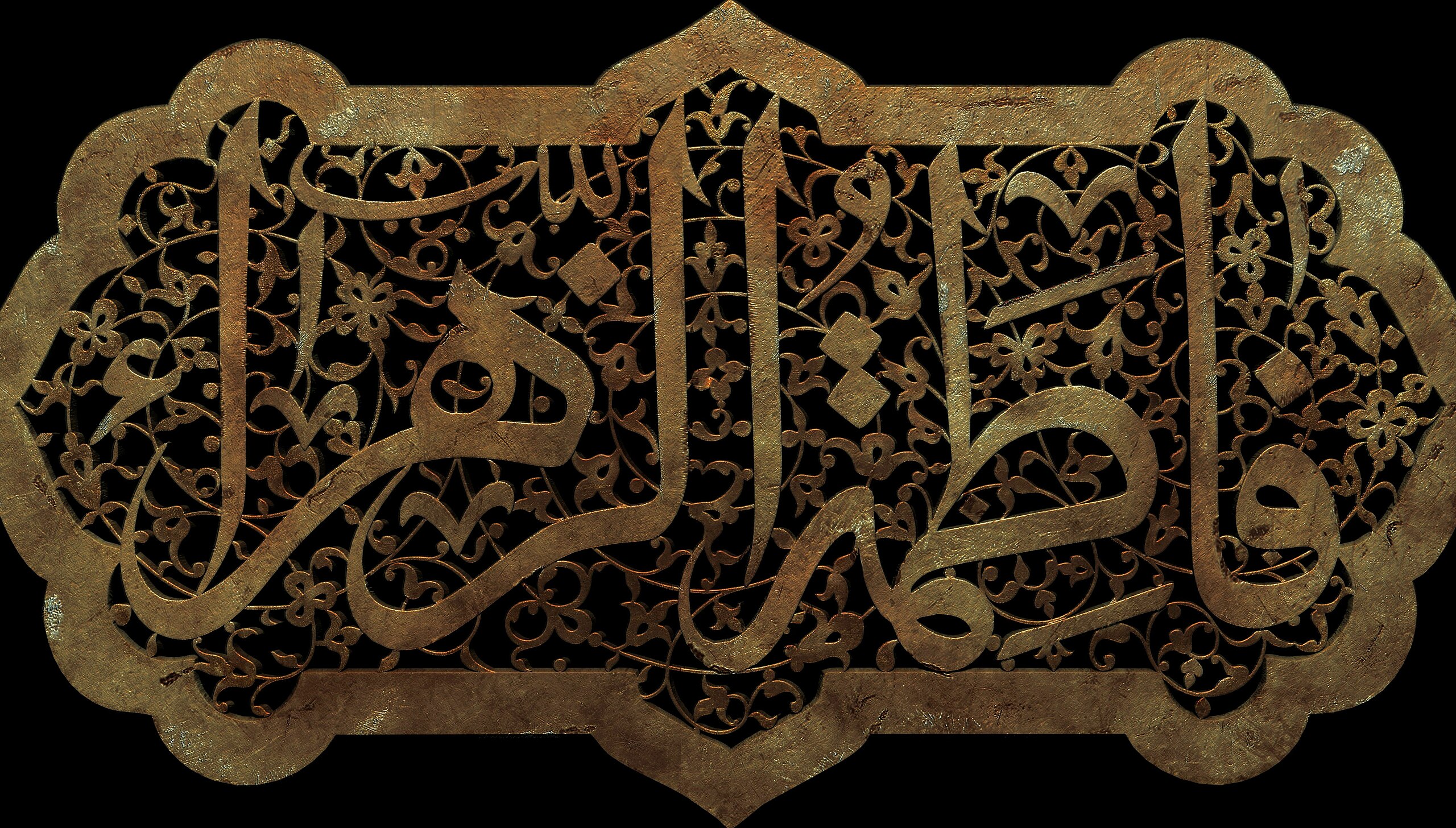
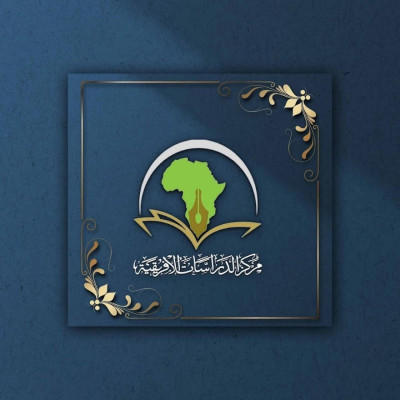


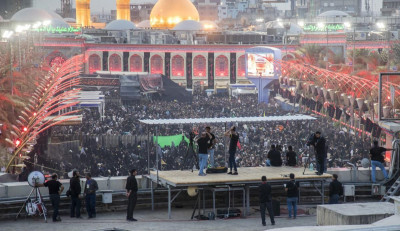
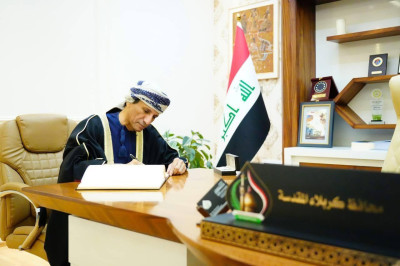

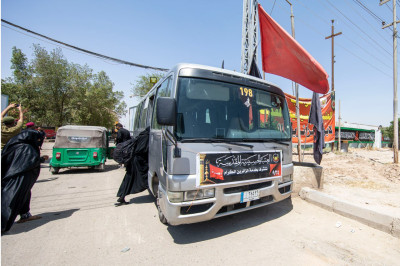

اترك تعليق